Register Now
Driving Innovation with Long-Term HEPATOPAC® Cultures
Thursday, October 24, 2019
8:30 am to 4:30 pm
You are invited to attend BioIVT’s 2019 HEPATOPAC® User Group meeting. This complimentary event will showcase the latest applications for HEPATOPAC cultures. Researchers from industry and academia will present how they have used HEPATOPAC cultures to investigate the ADME-Tox profiles of drug candidates and assess efficacy of new drugs in their lead selection programs.
Join us for these presentations and discussions on how HEPATOPAC Technology is being used to advance drug discovery and development programs.
- Learn how your peers are using HEPATOPAC Technology
- Discover ideas that you can use in your research
- Uncover opportunities for collaboration
- Network with industry colleagues
Read more detail about the presentations in each session by visiting the agenda tab.
Registration is required to attend.
Breakfast and Introductory Remarks – 8:30 am
Morning Sessions – 9:30 am – 11:40 am
A Personal Journey with HEPATOPAC: Applications Largely Unique to a Co-Culture System
Keynote Speaker: Donald Tweedie, PhD, Independent
Improving Prediction of Metabolic Clearance of Low Turnover Compounds Using Quantitative Extrapolation of Results from HEPATOPAC® Micropatterned Cultures Model
Speaker: Sylvie Klieber, PhD, Translational Medicine, Sanofi
Application of the HEPATOPAC Model to De-risk Drug-Induced Liver Injury (DILI) in Pharmaceutical Development
Speaker: Wen Kang, PhD, Senior Principal Scientist, Merck
Afternoon Sessions – 12:30 – 4:00 pm
A Seahorse HEPATOPAC Model for Integrating Metabolic Activity into Assessments of Pharmaceutical Mitochondrial Liability Potential
Speaker: Liping Liu, PhD, Associate Principal Scientist, Merck
Improving Drug Discovery by Nucleic Acid Delivery in Micropatterned Co-Cultured Hepatocytes
Speaker: Liliana Mancio Silva, Pharm.D., PhD, Research Associate at Institut National de la Santé et de la Recherche Médicale (INSERM, France)
Transporter Function in Whole-cell Systems: Evaluation of the Rat HEPATOPAC Model
Speaker: Kenneth R. Brouwer, PhD, RPh, VP Technology, ADME-Tox, BioIVT
HCS Imaging of the HEPATOPAC Model
Speaker: Joe Trask, Product Line Leader and Senior Application Scientist, Cell Imaging and Analysis Group, PerkinElmer
siRNA Transfection and Gene Silencing in the Micropatterned Hepatocyte Co-culture System (HEPATOPAC)
Speaker: Miranda Yang, PhD, Senior Scientist, BioIVT
Closing Remarks
 Donald Tweedie, Ph.D., Independent
Donald Tweedie, Ph.D., Independent
Donald Tweedie, Ph.D., has spent almost 30 years in the pharmaceutical industry. Recently retired from Merck after three years of getting exposed to a lot of great science, mostly focused on supporting later stage compounds, including reviewing regulatory submissions and mentoring a variety of smart young scientists. Before that, he was a Director at Boehringer Ingelheim helping develop a group of outstanding scientists supporting drug development. 2 years at BMS, forming a group with motivated young scientists supporting drug discovery. Following eight years at Pfizer where responsibilities largely included establishing an in vitro focused lab developing and generating tools to support drug metabolism scientists. Each of these opportunities has allowed a focus on conducting science by asking the right (and wrong) questions and helping develop and mentor young scientists.
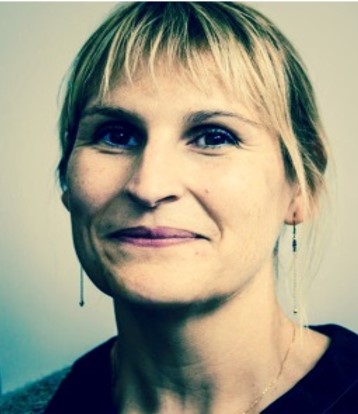 Sylvie Klieber, Ph.D., Translational Medicine, Sanofi
Sylvie Klieber, Ph.D., Translational Medicine, Sanofi
Sylvie Klieber holds a Ph.D. in Cellular Biology from the University of Montpellier in France. During her Ph.D., she developed a model for the long-term culture of human hepatocytes. For over 18 years, she has been working at Sanofi in the field of the in vitro ADME models (absorption, metabolism, DDI) supporting the optimization of discovery programs. Currently, she is leading the Enzymology and Metabolism Group in Montpellier mainly focusing on late-stage discovery or issue-driven drug metabolism, development drug metabolism, DDI and metabolite identification studies. Her group has been working on several new approaches to developing more relevant in vitro hepatic models, including co-cultures, LiverChips® and spheroids to study drug disposition.
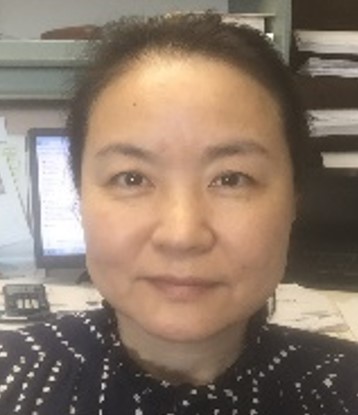 Wen Kang, Ph.D., Senior Principal Scientist, Merck
Wen Kang, Ph.D., Senior Principal Scientist, Merck
Wen Kang, Ph.D., is a Senior Principal Scientist with the Molecular and Investigative Toxicology group within Safety Assessment & Laboratory Animal Resources at Merck & Co. Her current work focuses on the development of in vitro cellular models and problem-solving tools to de-risk drug-induced liver toxicity in early drug development. Before joining Merck, Wen was a Research Scientist at Applied Genetic Technologies Corporation. She graduated with a Ph.D. in Pharmacology from the University of South Carolina and completed her postdoctoral training in Virology at the University of Pennsylvania.
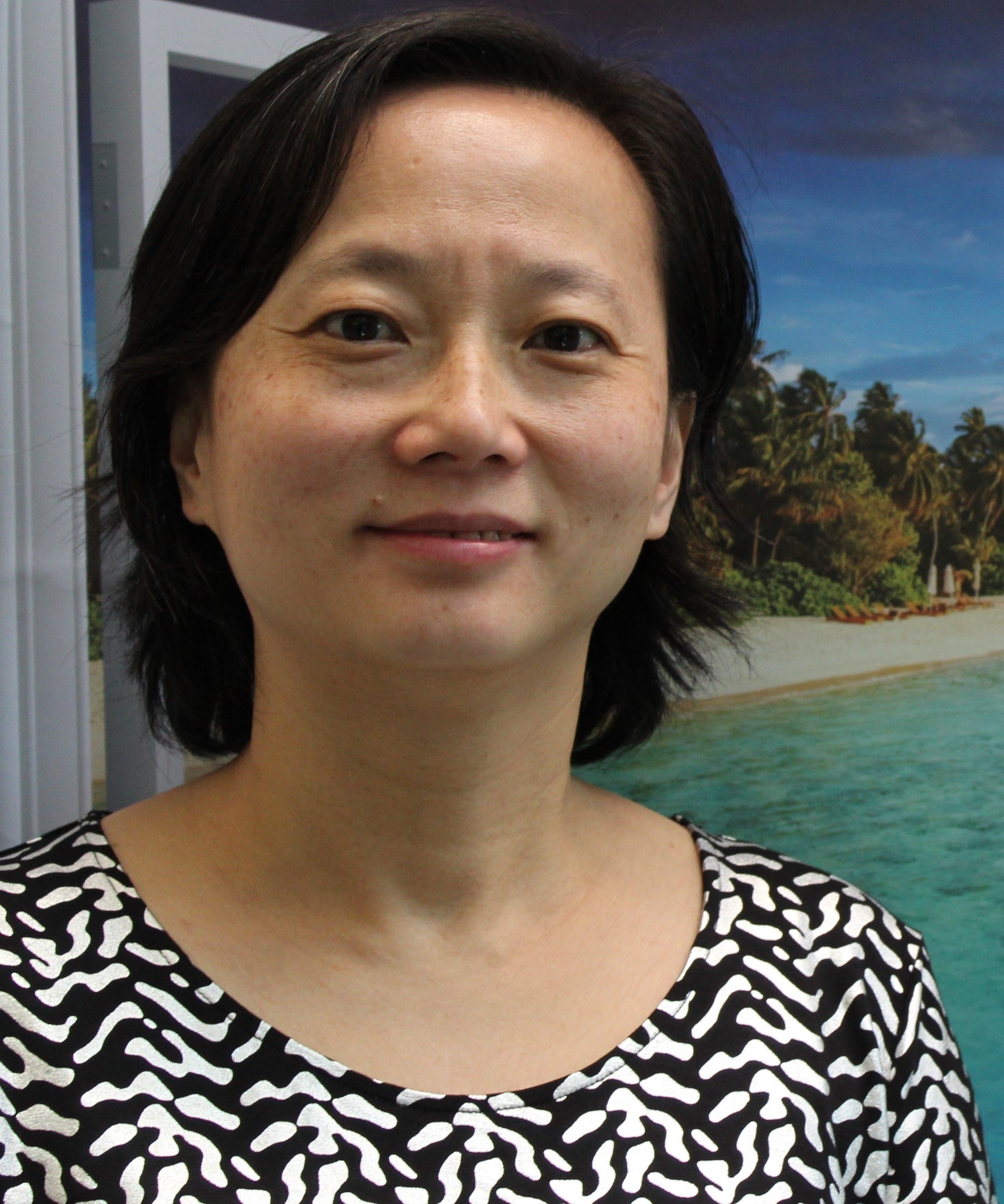 Liping Liu, Ph.D., Associate Principal Scientist, Merck
Liping Liu, Ph.D., Associate Principal Scientist, Merck
Liping Liu, Ph.D., is currently an Associate Principal Scientist in the Safety Assessment Department of Merck. She has a B.S in Pharmacy from China and obtained a Ph.D. in Molecular Toxicology from Pennsylvania State University. She completed postdoctoral training at University of Pennsylvania studying the effect of hypoxia on tumor cell growth, metabolism, and vasculogenesis. She joined the Investigative Tox group of Merck Safety Assessment afterward. She has been working on developing in vitro assays and cellular models for early safety de-risking and examining.
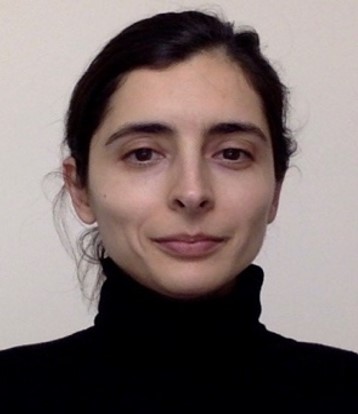 Liliana Mancio Silva, Pharm.D., Ph.D., Research Associate, INSERM
Liliana Mancio Silva, Pharm.D., Ph.D., Research Associate, INSERM
Liliana Mancio Silva, Ph.D., recently joined the French National Institute of Health and Medical Research (INSERM) as Research Associate. Previously, Liliana was a Research Scientist at Massachusetts Institute of Technology in the laboratory led by Prof. Sangeeta Bhatia, where she worked on nucleic acid delivery systems to target hepatocytes and impact human liver genetic and infectious diseases. Liliana earned a pharmaceutical degree from the University of Porto (Portugal), and a Ph.D. in molecular parasitology from work performed at Institut Pasteur (France).
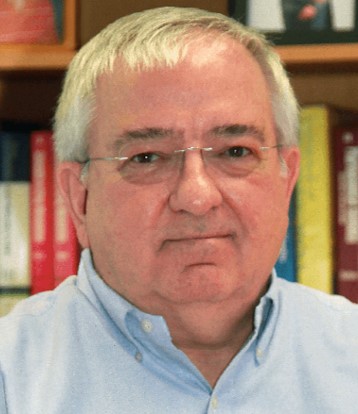 Kenneth R. Brouwer, Ph.D., RPh., VP of ADME-Tox, BioIVT
Kenneth R. Brouwer, Ph.D., RPh., VP of ADME-Tox, BioIVT
Kenneth Brouwer, Ph.D., RPh., is the Vice President of Technology - ADME-TOX at BioIVT, with responsibilities for leading research in liver-related products. Previously, Dr. Brouwer was Chief Scientific Officer at Qualyst Transporter Solutions, LLC, a biotechnology company focused on the development and commercialization of pioneering drug screening and selection technologies to identify hepatic drug transport and evaluation of hepatotoxicity. Additionally, he served as Executive Director, Drug Metabolism, and Pharmacokinetics at PPD Discovery, where he had responsibility for overseeing metabolism, pharmacokinetics, toxicology, absorption technologies, and Pharmazyme groups. before this, he served as Director, Preclinical Development, Drug Metabolism and Pharmacokinetics at GlaxoSmithKline. Dr. Brouwer serves on the Editorial Advisory Board for the Journal of Pharmaceutical Sciences and Applied InVitro Toxicology, and is an adjunct faculty member in the Division of Drug Delivery and Disposition at the School of Pharmacy, University of North Carolina. Dr. Brouwer earned a Pharmacy degree in Nuclear Pharmacy from Ferris University, and a Ph.D. in pharmacokinetics and drug metabolism from the University of Kentucky.
 Joe Trask, Product Line Leader and Senior Application Scientist, PerkinElmer
Joe Trask, Product Line Leader and Senior Application Scientist, PerkinElmer
Joe Trask is a Product Line Leader and Senior Application Scientist in the Cellular Imaging and Analysis group at PerkinElmer. He is instrumental in strategic customer support through teaching, training, and collaborations. He brings over 20 years of experience in high content screening technology from academia (Duke University and The Ohio State University), pharmaceutical industry (Abbott Laboratories and Sphinx Laboratories, Division of Eli Lilly & Company), and biotechnology (The Hamner Institute for Health Sciences and ScitoVation LLC). Joe has extensive experience in cell-based technologies from flow cytometry, confocal microscopy and high content screening studying cancer, immunology, neurodegeneration, and toxicology. Joe has published several research articles and book chapters in High Content Imaging field, and is an author and co-editor to the NIH/NCATS Assay Guidance Manual. Joe was a co-founder and first President of Society for Biomolecular Imaging and Informatics (SBI2) and is a co-editor of a recent book “High Content Screening: A Powerful Approach to Systems Cell Biology and Drug Discovery”.
 Miranda Yang, Ph.D., Senior Scientist, BioIVT
Miranda Yang, Ph.D., Senior Scientist, BioIVT
Miranda Yang, Ph.D., is currently a Senior Scientist at BioIVT, ADME-Tox, leading R&D efforts to develop new products and applications to expand the utility of the HEPATOPAC platform for drug discovery and liver-related research. She was trained and had extensive experience in stem cell biology and neuroscience. She obtained her PhD from the University of Rochester, NY, where she studied the toxic effects of chemotherapeutics on the adult brain. Following that, she did postdoctoral training at Harvard Stem Cell Institute, where she developed and applied small molecule screens employing iPSC-derived neurons and high-content imaging-based assays, which identified novel therapeutic approaches in ALS.
DoubleTree Suites, Boston MA
400 Soldiers Field Road
Boston, MA 02134

